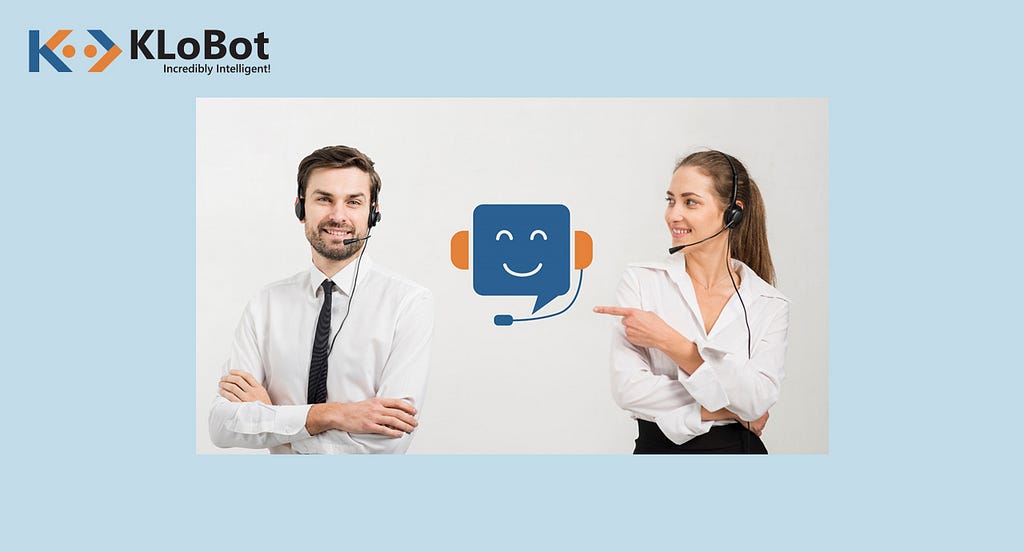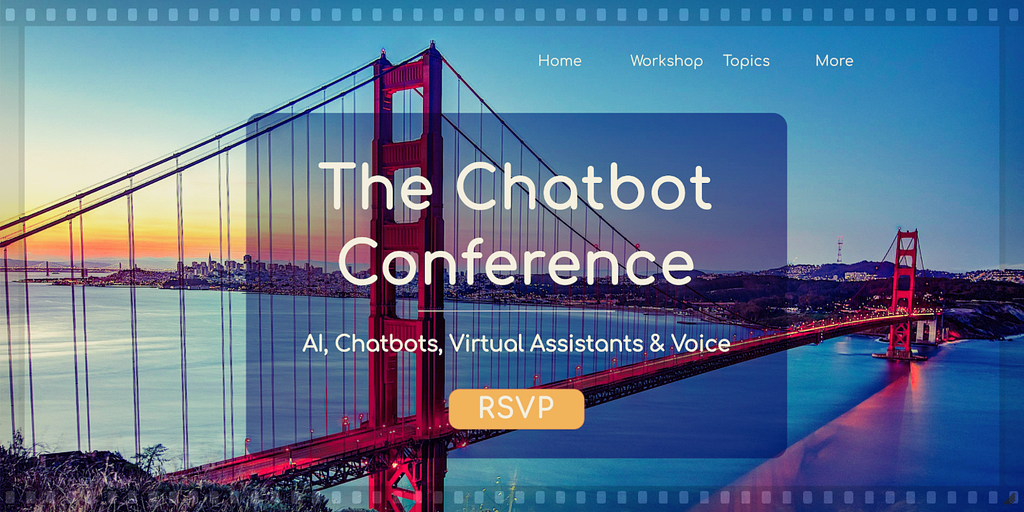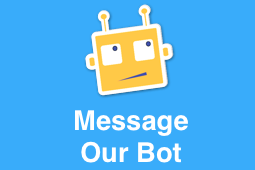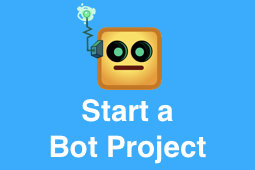Your cart is currently empty!
Chatbots for Customer Service

Chatbots, a game-changer for organizations!
Millennials and social changes are necessitating enhanced Customer Service (CX)
Customer service, while likened to back-office or desk jobs, has long been outsourced to third parties (call centres) for resolving customer queries. Over the years, outsourcing customer support services has hampered organizational flexibility, brand value, and privacy.
With some automation, the digital revolution shifted businesses toward adopting Interactive Voice Response (IVR) technology for handling and prioritizing high volume of calls, simplifying customer service processes, and cutting overhead expenses. Although IVR allowed companies to automate their customer support and increase professionalism, the complex routing mechanism and inflexibility resulted in customers dissatisfaction towards an organization or a brand.
In today’s highly connected and personalized world, customers demand instant resolution of grievances and high-quality customer service at anytime, anywhere. To meet these ever-growing expectations and be available on all familiar communication channels, many organizations are investing in AI-enabled chatbots, which can successfully handle and respond to customer queries 24/7.

With the urgency to enhance CX industry, virtual assistants and chatbots are helping B2B and B2C companies to engage with customers at every step of customer lifecycle.
In coming years, around 25% of customer support and service operations will integrate Virtual Customer Assistants (VCA). Integrating chatbots on a channel allows organizations to provide real human-like interactions using NLP, resulting in seamless and personalized user experience.
Chatbots are gaining high traction and will continue to be a huge trend
The existing skills of chatbots allow organizations to manage their transactional interactions; however, AI-enabled chatbots are shifting the value from transactional to transformational conversations, which are more intense, supportive, and insightful.
Trending Bot Articles:
4. How intelligent and automated conversational systems are driving B2C revenue and growth.
Chatbots are handling customer interactions quickly and far more efficiently reducing the workload of customer service agents, enabling them to focus on upselling or handling other complex issues. Organizations have reported nearly 70% reduction in inquires done via chat, email, or calls after implementing Virtual Customer Assistants.3
Chatbots In, IVR Out
IVR systems are typically known to be structured, rigid, and rule-based systems, which have limitations with understanding input phrases, while chatbots use NLP to understand phrases and immediately identify the user intent from a conversational perspective. The script-based and linear dialogue flow of IVR systems restrict customers to deviate from a scripted sequence and are not flexible to maintain the context of discussion. However, chatbots simulate human-like conversations through flexible and nonlinear dialogues offering enhanced customer services.
IVR becomes frustrating when a customer calls asking for a straightforward or basic question and hears the IVR recording with pre-recorded menu options. IVR was designed with the primary goal of reducing the average handling time and shortening customer service calls; however, has failed with its intention. Chatbots, in contrast, have emerged as the solution for this problem using intelligence to reduce abandoned calls and provide more intuitive and smoother customer service call experience.
In IVRs, users must listen and opt from a series of menu options before connecting with human agents, which turns out to be an infuriating annoyance and time-consuming process, affecting the overall customer experience. Chatbots can handle all the basic queries and in the face of complicated situations, can immediately transfer the call to human agents ensuring faster resolution.
Chatbots gaining mainstream attention in customer-facing sectors
Chatbots have now become a key element of an organization’s technology roadmap and hold the potential to bring value across various industries.
From a legal industry perspective, chatbots built with voice and text capabilities provide drastic improvements in handling queries such as case status, court date, assigned lawyer, payment status, document search and many such operational tasks.
Lawyers and their clients stand to benefit from the digital transformation, resulting in exceptional handling of queries as well as improved user experience.
The advent and popularity of e-commerce companies have made everything available online to their customers, which led e-commerce companies to use chatbots as a sales channel. Chatbots are being used to sell products by sensing customer intent and via personalized product recommendations. Chatbots in e-commerce are more productive and cost-effective, which are driving clicks, customer acquisition, retention, and loyalty.
Chatbots and human agents are working together in the e-commerce industry to deal with irate customers by sympathizing with them and offering actionable solutions. E-commerce chatbots have turned out to be the best way for augmenting the customer shopping experience as well as e-commerce backend systems.
The banking industry is among the early adopters of most technological innovations, which have achieved commercial success. Chatbots in the banking industry have witnessed a lot of interest with several banks, adopting AI-enabled chatbots for conducting smarter conversations with consumers.
Any bank queries handled by chatbots can save the human agents’ time resulting in significant operational cost savings. These chatbots are assisting customers with their basic transactions, which include balance information, credit card bills, budget planning tips, and other bill payments among others. These proactive insights offered by chatbots are enhancing the customer support process and have made banking chatbots a highly successful tool for effective communication.
KLoBot allows banking and financial service organizations to deploy chatbots within hours on their preferred channels and enables to drive customer loyalty by delivering proactive alerts and right fit suggestions to their customers across all channels.
AI-powered Chatbots with NLP capabilities are catering to the customer service requirements
Human agents vs. Chatbots
In a fast-paced business environment, addressing customer requests 24/7 across all touchpoints becomes increasingly difficult for a human agent. In such scenarios, customer service chatbots using AI and ML techniques are being adopted by organizations to answer multiple customers at once and achieve faster resolution of queries. These AI-enabled chatbots are leveraging the existing data in the form of FAQs and knowledge repositories for providing 24/7 instant responses to customers in text as well as voice mode.
Hiring a sole human agent who can effectively hold the conversation, provide the best solution, and possess multi-linguistic skills is a rare occurrence, and imagining the complexities in hiring numerous such human agents is more than stressful. Taking the above-mentioned skills into considerations, chatbots remember the previous chat history, provide instant answers, and speak in multiple languages. Consequently, chatbots have minimized the complexity in managing several human agents as they are cost-effective and work faster than a human agent.
For any business, managing the reputation of its brand is deemed paramount, which may get affected due to human agents. A human agent, with mood inconsistencies or stress issues, is prone to make errors via miscommunication or answering in an inappropriate tone. Unlike human agents, chatbots don’t have a good day or a bad day, which eliminates such issues resulting in more accurate and standard responses, with less to zero chances of errors. Chatbots can continuously learn and enhance the quality of support offered to the customer.
Human agents and chatbots — A blended recipe for customer service success
Although chatbots are known to be sophisticated tools, they cannot render human service agents obsolete; instead chatbots are making them more efficient in resolving critical customer issues. 30% of the customers consider that chatbots and virtual assistants will handle customer service issues with ease, and nearly 86% of the customers prefer interaction with human agents. The implementation of chatbots across various channels is now considered as the perfect solution for organizations to connect with their customers.
KLoBot, a DIY chatbot builder platform, allows companies to harness the power of chatbots for connecting with their customers and managing customer relationships. KLoBot’ s solution is implemented with governance policies and offers customization based on the organizational needs to sustain in a competitive environment.
When dealing with complex issues or with technologically challenged individuals, KLoBot’ s “live agent handoff” capabilities smoothly transition the conversations from bots to a human agent. Although chatbots are quick and smart, they lack relevant empathy. In such scenarios, the ability of KLoBot’ s chatbot to understand the underlying context and handoff to human agents goes an extra mile to boost customer services.
In maintaining an emotional connect with a brand, chatbots can augment human expertise.
Don’t forget to give us your 👏 !




Chatbots for Customer Service was originally published in Chatbots Life on Medium, where people are continuing the conversation by highlighting and responding to this story.